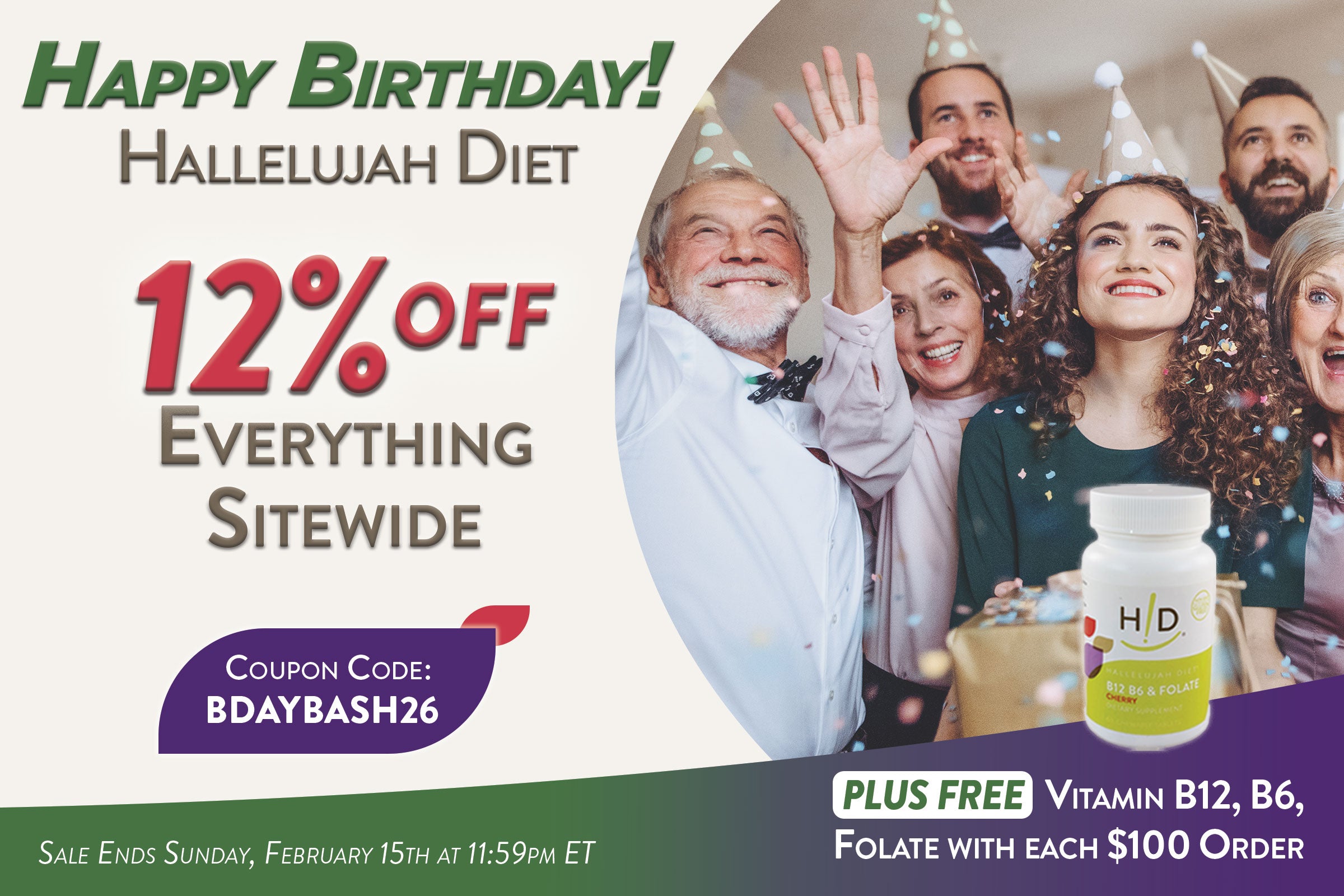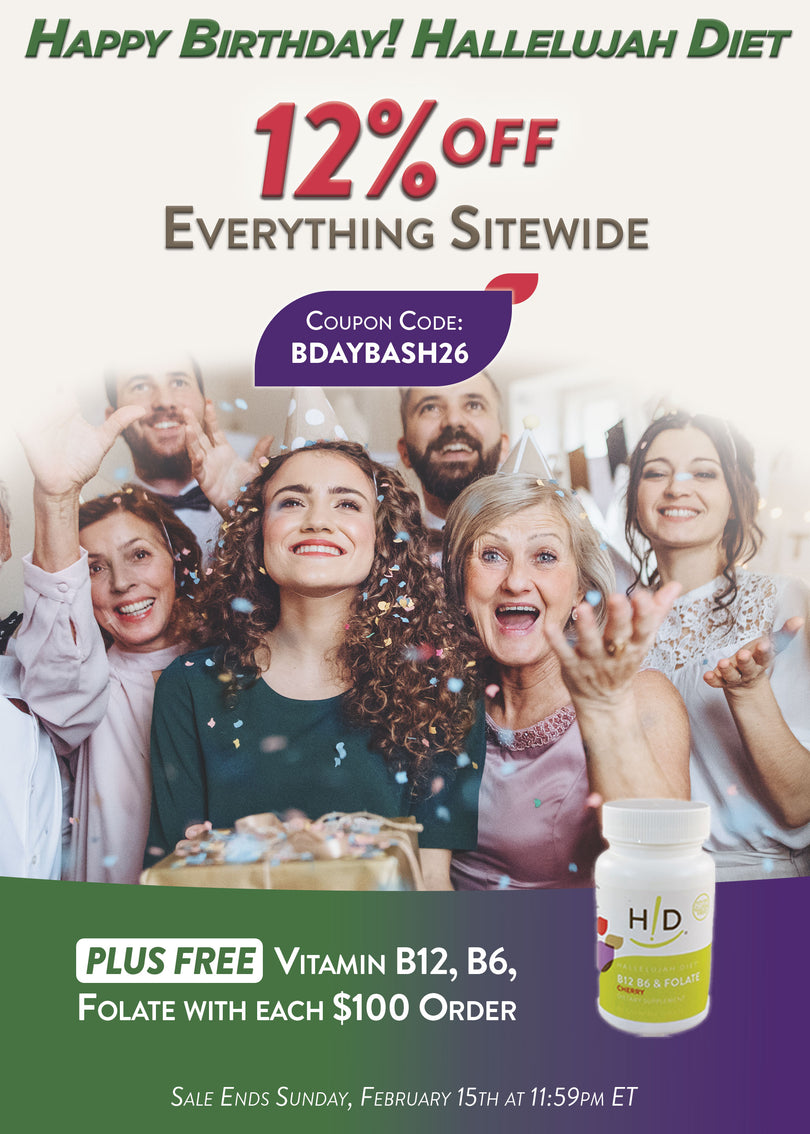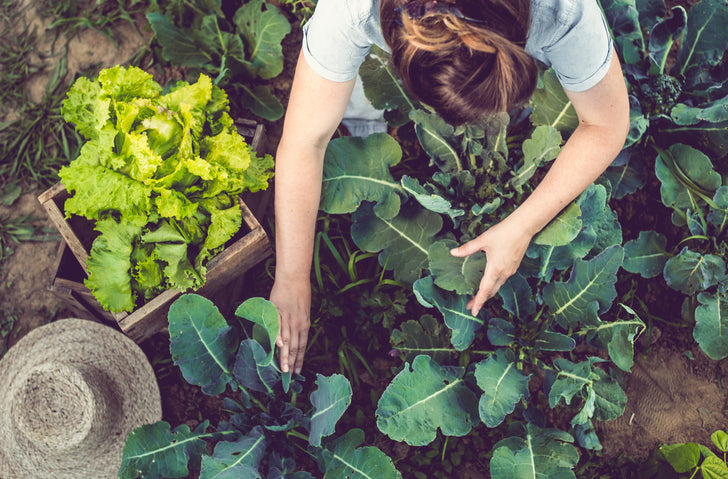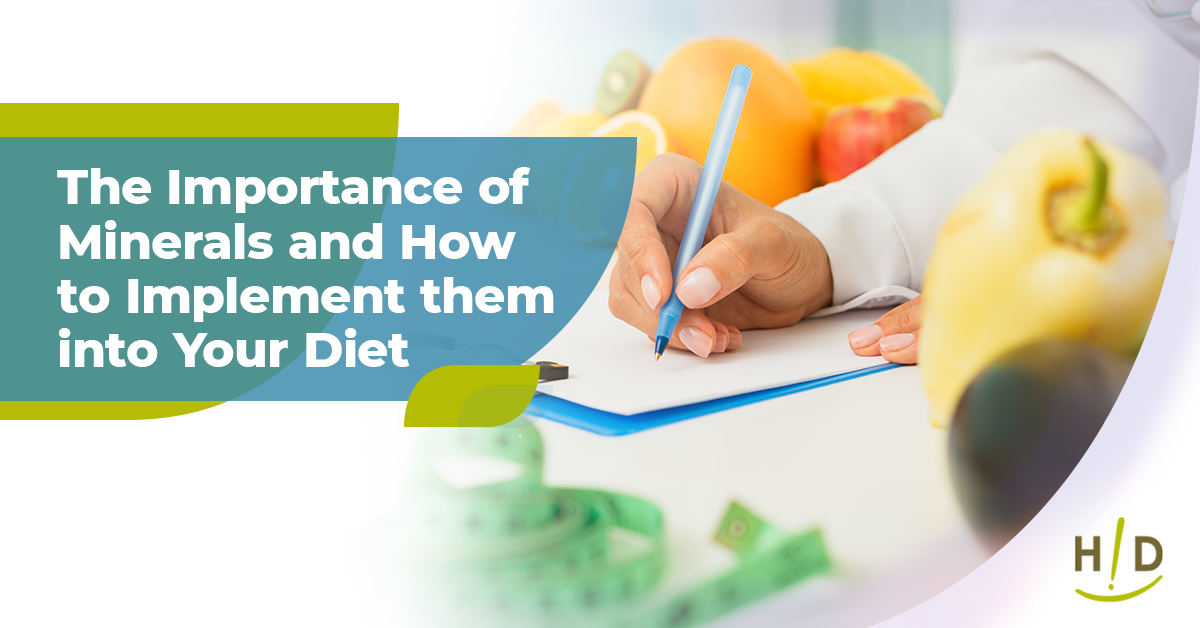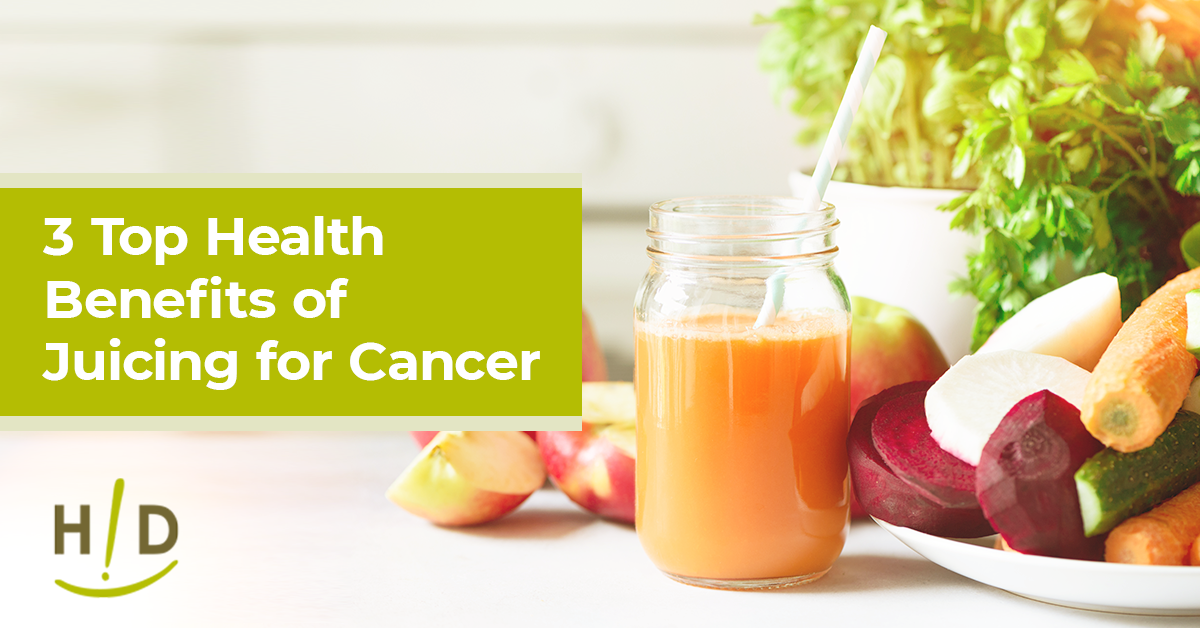Using Your Home Garden to Support Your Raw Diet
"The Lord will always lead you, satisfy you in a parched land, and strengthen your bones. You will be like a watered garden and like a spring whose water's never run dry."
As He nourishes our soul, He gives us all the tools to nourish our bodies. But in a world of fillers, over-processed foods, heavy chemical-laden pesticides, GMO, and shady label practices, it can be challenging to nourish your body the right way—as God intended. These days, navigating produce centers and grocery stores can be more challenging than ever. Many of us, new and even experienced with the Hallelujah diet, no doubt run into the chore of being extra vigilant with reading labels, understanding ingredients, and finding fruits and vegetables grown in pure, healthful ways. Many of you may be wondering if it is possible to follow a raw diet with the help of a home garden. Would it be easier? How would you ensure growth without the use of pesticides? If you've been wondering how to go about using your home garden to support your raw diet to make things a little easier, we're so glad you're here! Let us help you with tips and advice to supplement your raw diet with fresh, raw vegetables right from your own garden.
The beginning of life: Seeds
The first and most important thing about growing a garden is choosing the right seeds. It's important to note that not all seeds are equal. Picking the wrong seeds could lead to growing a garden with toxins. So let's take a look at the options when it comes to purchasing seeds: • Heirloom or Heritage seeds. These seeds are pure, non-GMO seeds that allow you to keep your seeds from your harvest to plant new generations every year. This produces robust, natural plants with the same result every year. • Hybrid seeds. These are plants that have been created by cross-pollinating. Cross-pollinating two different yet similar plants result in a bigger plant, but it's not necessarily better. When you plant hybrid seeds, you can't save and reuse your seeds, and you don't get the same result if replanting works. • GMO seeds. GMO seeds are genetically modified seeds. These are lab-created seeds that have been created by smashing together the DNA of two unrelated items, not just seeds. For example, Bt corn is a GMO crop created by adding the genetic material of a bacteria—meaning that a pesticide is a part of the plant itself. You'll want to avoid any GMO seeds in your garden.
Healthy Soils and Fertilizers
Healthy, fertile soil is the next key ingredient to a Hallelujah Diet home garden and for healthy, happy plants that multiply. Good soil looks very dark, crumbly, and has a rich earthy smell. It should absorb water like a sponge, breathe air like a lung, and teems with life. Healthy soil contains almost 10 billion living organisms, and the fertility of our garden depends on these tiny creatures. So how do we ensure that our soil is happy and teeming with life while remaining chemical and toxin free? Build fertile soil with compost and mulch. Create compost and mix it in by digging it into the soil, or allow it to sit on the surface, so it acts as compost and a mulch. What are some fantastic natural mulches that can be used? • Pine straw. This isn't for every single garden; however, pine straw is suitable for plants that require acidic conditions to grow. When pine straw breaks down, it can turn your soil acidic. • Hardwood bark mulch. Most plants grown in your garden will probably prefer the soil to be neutral to sweet (alkaline.) Hardwood bark mulch is the best choice for these kinds of plants. It also decomposes into rich, sweet-smelling black dirt that looks tidy. • Hay. For a dirt-cheap and affordable option, old hay is perfect. If hay gets wet, it spoils, meaning farmers can no longer use it to feed their animals. However, for a garden, that spoiled hay is exactly what your garden needs. The issue with using hay is that since it is made from grass (or grains), it is chock full of seeds of its kind, plus any other weeds that get bundled up with it. Using hay will often mean more weeding work.
Keeping the Pests out Without the Dangerous Pesticides
You undoubtedly know that synthetic pesticides are highly toxic to the environment, the bees, and us. Most pesticides used today are linked to a host of frightening diseases and conditions, including obesity, ADHD, autism, Parkinson’s disease, infertility, congenital disabilities, learning disorders, cancer, and much more. But how do we keep the little critters and insects from nibbling away at our fresh veggies safely? • Diatomaceous Earth. This is a powder created from the sediment of fossilized crustaceans. DE kills many insects that have an exoskeleton. That includes fleas, mites, lice, ants, millipedes, earwigs, cockroaches, silverfish, bedbugs, crickets, centipedes, pill bugs, sow bugs beetles, fungus gnat larvae, and even some grubs. However, DE can also harm beneficial insects such as ladybugs, green lacewings, butterflies, and bees. So consider using DE with discretion on and around plants that attract these beneficial insects. • Neem Oil. Neem oil is an oil derived from an Asian evergreen tree. Neem oil is exceptionally effective against aphids, mealybugs, mites, thrips, and whiteflies on contact. It can also repel Japanese beetles, leafhoppers, fungus gnats, spider mites, and nematodes. Neem oil can even kill fungal diseases like powdery mildew, black spot, scab, anthracnose, and leaf spot. • Insecticidal soap. It's just soap! The upside about using insecticidal soap is that it has low to no toxicity to humans or most beneficial insects. These soaps combine fatty acids from plant or animal oils mixed with a strong alkali, similar to dish soap but more refined. When it comes to eating better, feeling better, and feeding our bodies the way the Lord intended, we want to help make it less challenging and more fulfilling! Using your home garden to support your raw diet is easier than ever with the right seeds, soil, time, and effort.
